The Vatican Press has just come out with a long conversation between the journalist Robert Moynihan (director of the monthly Inside the Vatican) and the Primate of Hungary, Cardinal Peter Erdo. The dialogue, which began in 2011, offers the opportunity to know more about the cardinal, who recently, and unfairly, was accused of hard-heartedness toward immigrants and refugees entering Hungary. The book, prepared with Hungarian journalist Viktoria Somogyi (a journalist at Vatican Radio), is titled The Flame of the Faith, with a preface by Cardinal Angelo Sodano, the former Vatican Secretary of State.
There is one cardinal in Europe who cannot be carried away by the emotions aroused by tragic photographs, nor intimidated by moralistic exhortations from trendy preachers in wealthy neighborhoods. He is from Hungary. Already his nationality attracts today immediate suspicion, as his country has long been the object of a hostile international press (perhaps because Hungary’s new constitution, approved in 2011, protects the life of the fetus from the moment of conception and defines the family as a union of a man and a woman, “the basis for the survival of the nation”). He is a cardinal, writes his fellow-cardinal Angelo Sodano, who has a deep love for his native land. For the American Catholic journalist Robert Moynihan — who interviewed Erdo for four straight days in Budapest — he “is a man from the center of Europe, but even more so a man from the ‘heart’ of Europe.” He represents, Moynihan writes, “the best that the European tradition can offer: learning, knowledge, study, reflection, clarity of thought, wisdom.” He considers “the flame of the faith” as “the source of the greatest achievements of Europe: the triumph of social justice, the commitment to the defense of human rights, the search for peace and peace organizations that can indicate politically viable ways to make peace between nations.”

The book-interview was published a few days ago by the Libreria Editrice Vaticana. Entitled The Flame of the Faith, it allows the reader to learn more about the personality of the Hungarian cardinal, and to better understand his way of dealing with even the most difficult questions, combining the light of faith in the power of reason. Erdo is, therefore, neither an impulsive nor a superficial thinker, and he tries to assess situations by analyzing what can be done for the common good: one cannot play with the lives of people for the sake of political correctness. Nor with the lives of nations, either those that are migrating or those who are receiving the migrants. The Hungarian cardinal knows that among those now shouting the loudest against those who try to use reason (with humanity, but in addition to the heart using the head as well) on the theme of hospitality for refugees, there are some in the West who are deeply complicit in the destruction of the connective tissue of Iraq, Libya and Syria which is at the origin of the uncontrolled flow of refugees from the Middle East to the countries of the West.
The Flame of the Faith is the result of a long interview begun by Robert Moynihan “on a lovely, sunny day in July” in 2011 in Budapest. “The cardinal celebrated morning Mass in the chapel of his residence. Then he had a simple breakfast with his two assistants, Father Zoltan and Father Laszlo. Then we walked down the hall to the study of the cardinal and began our conversation, which continued for four days.”

Cardinal Erdo carries a piece of the cross during a via crucis in Hungary
The text does not contain direct references to current events of the Synod, of which the cardinal is the General Relator (although the family and its problems is spoken of often in the book). But a chapter about the events of the years 2013 and 2014, including the renunciation of the papacy by Benedict XVI and the election of Pope Francis, has been added.
In preparing the text, Moynihan was assisted by Viktoria Somogyi, the Hungarian news editor of Vatican Radio. The Italian text was corrected by Luca Caruso. The book, dedicated “to all those who have kept the faith” includes a preface by Cardinal Angelo Sodano.
The book has three main parts: “Life,” “Faith,” and “The Challenges of Our Time.” In this section are extensive reflections on the history and identity of Hungary, on “Law and the Common Good,” the “Anthropological Question,” on Russia and the “New Evangelization.”
Clearly, the interview is wide-ranging. Here we list some of the answers the cardinal gave to particularly interesting questions, to encourage our readers to take into their hands a book that is in its own right a quite singular “flame of faith.”
Relations between the Church and the Hungarian Communist regime: “We felt subject to a huge weight. (…) Because if a man is brave, he can sustain a fight against an enemy five times stronger. But when the enemy is 200 times stronger, then it is very different. And especially the Hungarians, in their history, have always suffered abandonment and betrayal from the West they wanted to defend, to which Hungary felt a sense of belonging. This was repeated several times, during the Turkish era and even later, as in 1956.”
Communist ideals and their attraction: “Never! (They never attracted me)! I never had this temptation, nor to believe textbooks or the radio or the television. Never, never. Perhaps thanks to of my education.”
Communism and “virtue”: “You ask me if there had been any ‘virtue’ in Marxism and Communism and I have to recall the Catholic doctrine on this ideology. It was atheist and therefore anti-Christian and anti-human. Then I have to recall all the tragedies caused by that ideology. In Hungary we were witnesses. It would be different if you had asked me if there were virtues in Marxists and Communists. Obviously I would have said that sin and virtue are proper to all people, to each human being. The Lord will judge intentions.”
Europe and integration of Muslims: “What is integration? Europe has integrated millions of people from other continents and whether they are Muslim or not, believers or non-believers is not the most important matter. Integration of immigrants involves first and foremost compliance with the laws of the country where one arrives and respect for institutions. We should not expect more than that, nor should we pursue the aim of total assimilation, because each individual, indeed each community has the right to preserve its culture, its religion, its language…”

Pope Francis receives the President of Hungary, János Áder, and his family, in 2013. The Hungarians have faced a refugee crisis as tens of thousands of refugees from Syria and the Middle East have entered the country from the south
Europe and Immigration: “The question of immigration has numerous aspects. It is obvious that everyone has the sacred right to try to survive in situations of famine, civil war and threats to life. But then you cannot force the Europeans to allow entrance — even illegally and without any control — to the entire world into their countries, because doing so would break down public order, something that is very attractive to those living in chaos. We must therefore find the truth in this situation, looking for the true balance precisely in the key of solidarity and mercy.


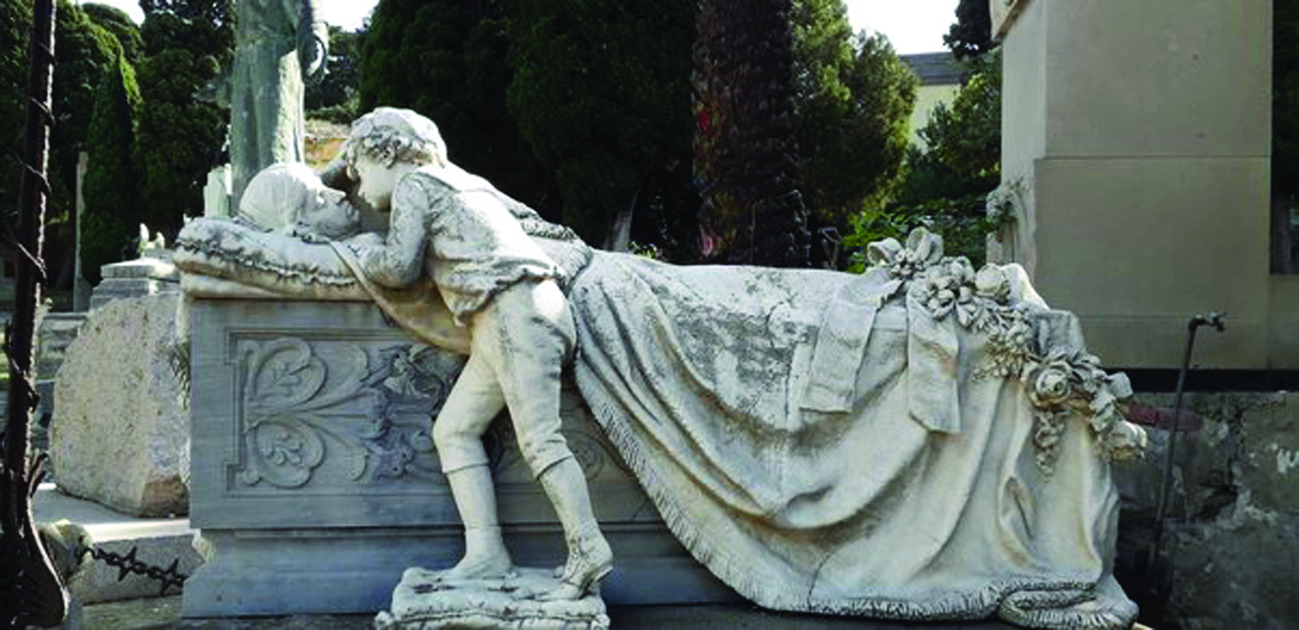
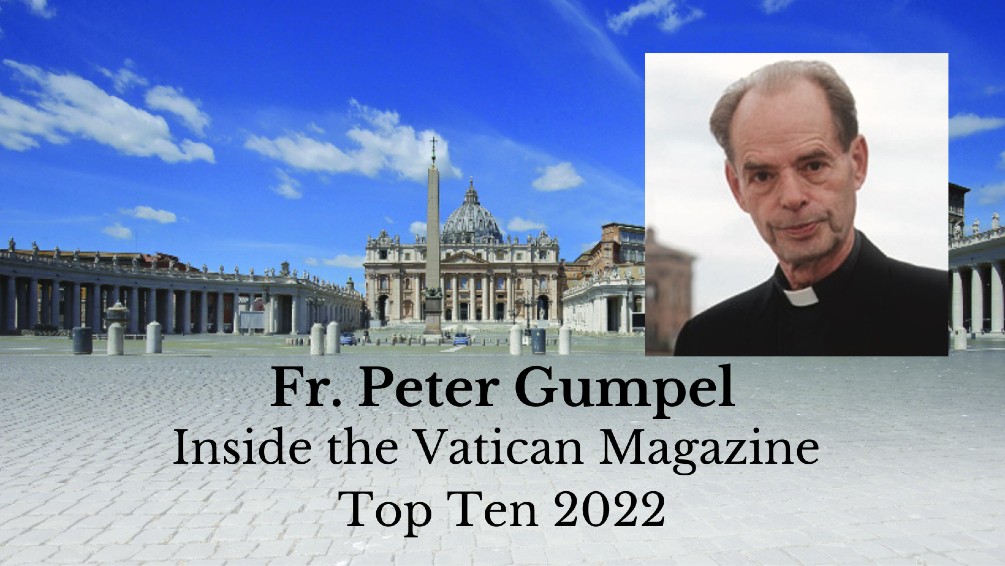
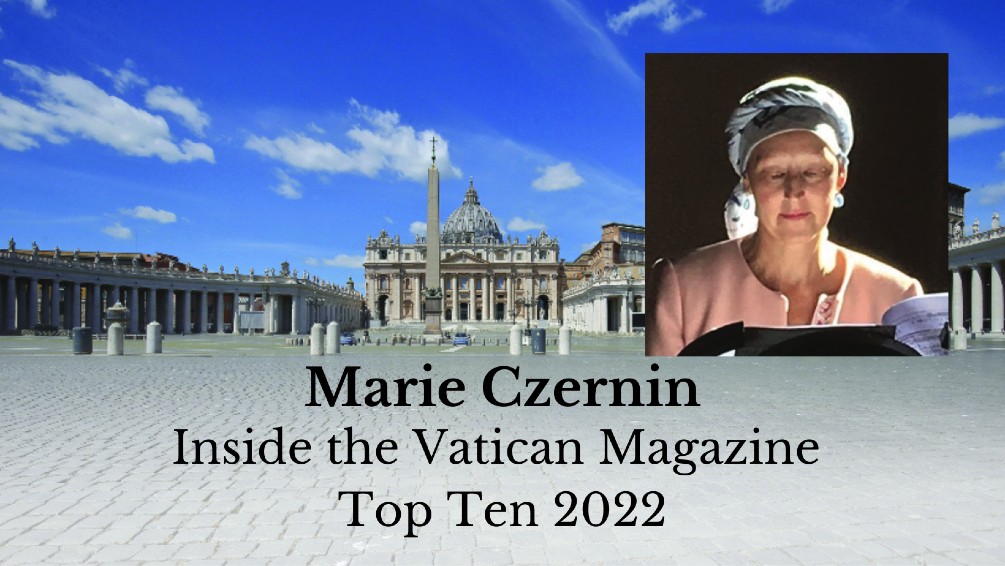
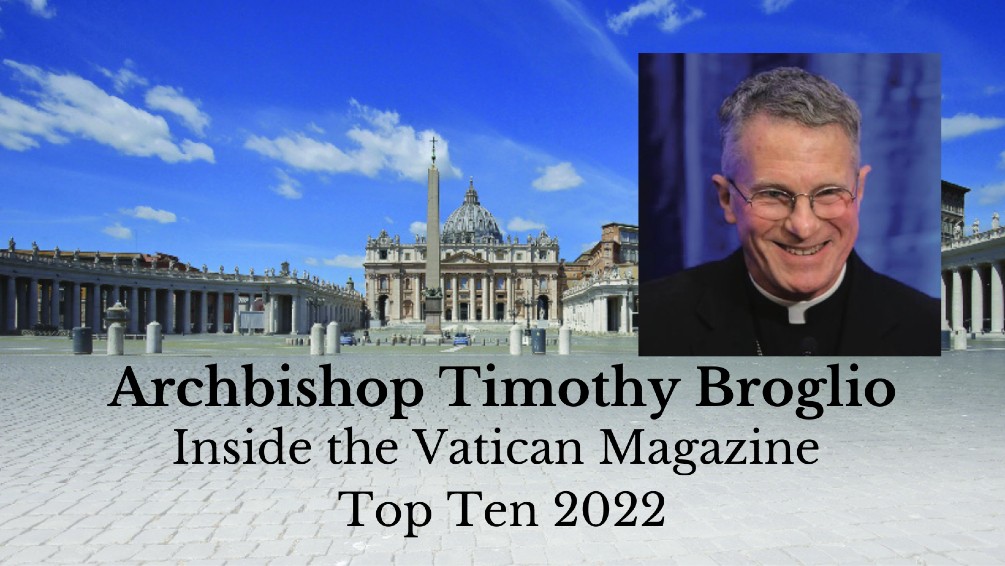
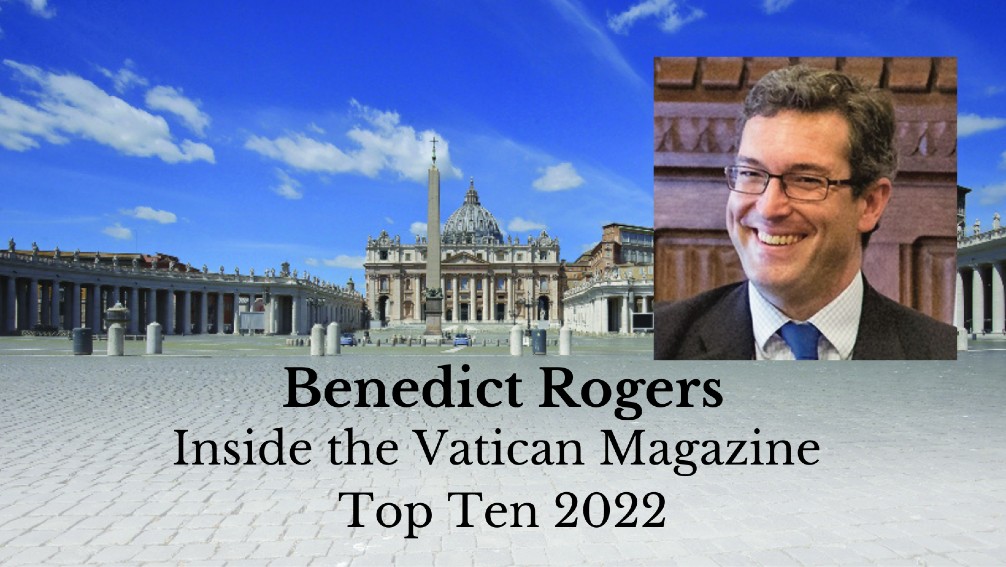
Facebook Comments